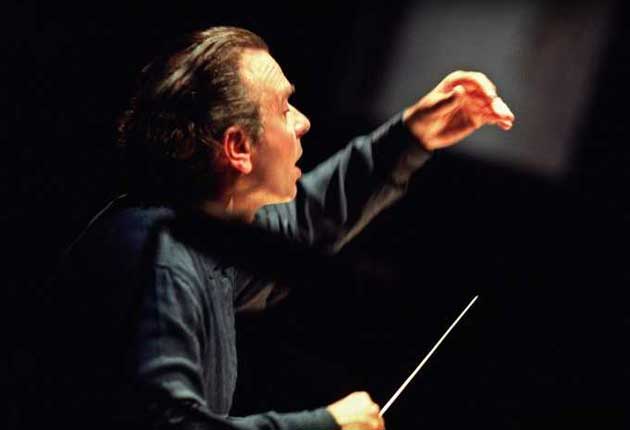Hallé/Elder, Bridgewater Hall, Manchester

It's taken 104 years for Vaughan Williams's Heroic Elegy and Triumphal Epilogue to have its first fully professional outing. Composed in 1901 when he was still virtually unknown, and with no clues left as to its inspiration, the score is headed with a quote from the Bible's Song of Solomon, "Terrible as an army with banners". The first movement, Heroic Elegy, begins with an uneasily insistent string motif, over which a meandering theme is introduced on trombones then horns. The brass worries away at this material until a blazing climax is followed by a threatening timpani ostinato and suggestions of a martial violence are finally subdued with an eerie quietness.
In the longer Triumphal Epilogue we are on more familiar Vaughan Williams territory. Within a slightly sprawling structure, the string writing, startling orchestral sonorities and expressive eloquence are an early indication of his characteristically English idiom. Mark Elder and the Hallé players brought out the work's lyrical impulse and its instrumental detail in an authoritative modern-day premiere.
Lars Vogt was the soloist in Mozart's late piano concerto No.24 in C minor. He was subtle in his ideas about dynamics and modestly inventive in his own first movement cadenza. But, turning in on himself at the keyboard and presenting his back to the audience when not actually playing, Vogt was hardly engaging. The powerful, brooding quality of the first movement, which so appealed to Beethoven, was far from enthralling in Vogt's low-key approach.
There was no shortage of raw passion in Richard Strauss's Also sprach Zarathustra – Nietzsche in kaleidoscopic, gawdy technicolour. If the orchestra wasn't always on top of its form, there were some thrilling climaxes and plenty of emphasis on Strauss's vivid effects – brazen trumpet calls, full-blooded organ and luminous woodwind.
After the tone poem – described by Elder as being "like four pints of German beer" – came the whisky chaser, John Adams's Short Ride in a Fast Machine. It's a zippy little number in which the players were accelerated into gear changes as though by a driver testing for brake failure. The audience could appreciate the thrill of the chase from the safety of the concert hall's inbuilt crumple-zone.
Broadcast on Radio 3 Tuesday 20 October 7pm. Details of Hallé season on www.halle.co.uk
Join our commenting forum
Join thought-provoking conversations, follow other Independent readers and see their replies
Comments
Bookmark popover
Removed from bookmarks